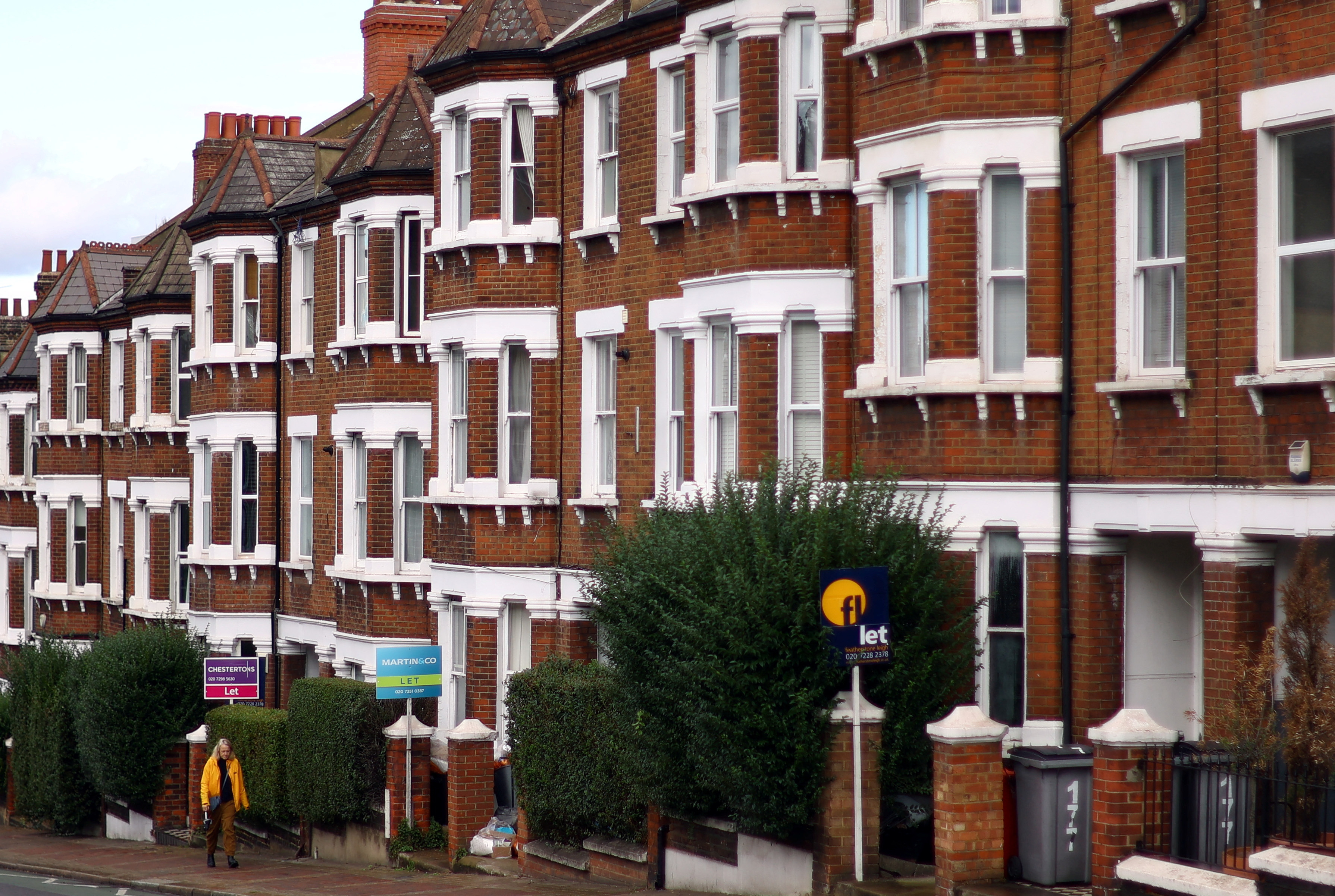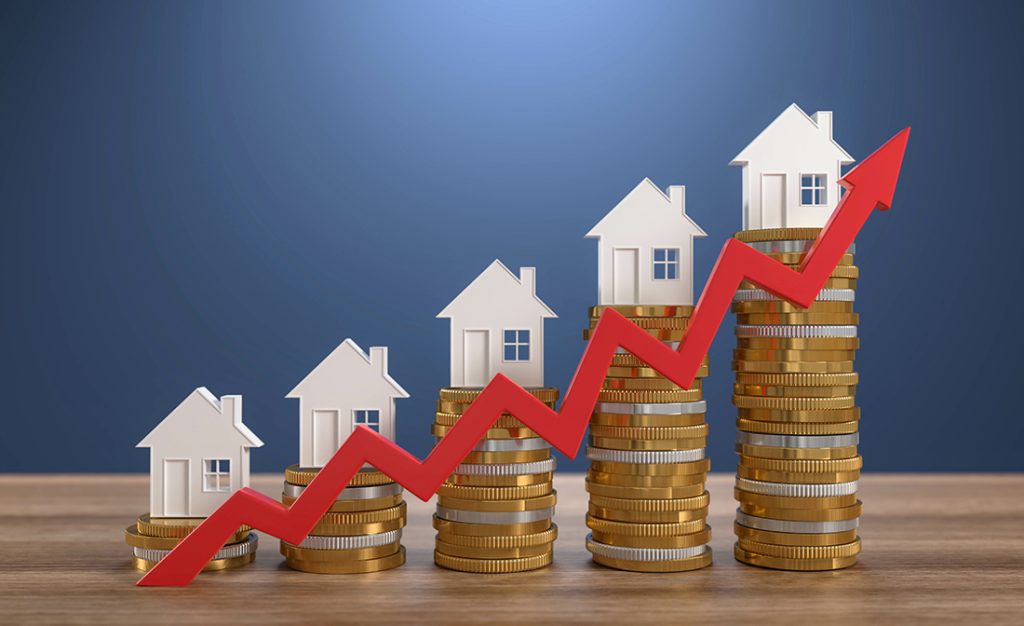
The Perils and Promises of Rising House Prices in the UK
As we navigate through the complexities of the current housing market in the UK, it becomes increasingly clear that the recent surge in house prices is a double-edged sword. On one hand, the data indicates that both Scottish and UK residential property markets exhibit remarkable strength. However, this optimism is tempered by broader economic uncertainties that stem from government budgeting and policy considerations.
Understanding the Current Market Dynamics
The housing market is often seen as a beacon of hope in times of economic turmoil. Despite the gloomy forecasts surrounding recent government announcements, the real estate sector seems undeterred. Potential buyers and investors are undeniably drawn to the allure of increasing property values.
Many first-time buyers, for instance, may feel compelled to act quickly amid fears that prices will climb even higher. This push can be attributed to various factors, including low-interest rates and a tightening supply of available homes. However, is it wise to jump into the market now, or does the rapid price hike suggest underlying vulnerabilities?
 Exploring the dynamics of the UK housing market amidst rising prices.
Exploring the dynamics of the UK housing market amidst rising prices.
The Upside of Rising Prices
To begin with, let’s consider the positives. A rising property market can lead to increased equity for homeowners. For those who already own homes, this can translate into better financial standing, providing opportunities for refinancing or borrowing against their property. Increased equity also contributes to a sense of stability and can foster consumer confidence, which is vital for a healthy economy overall.
Moreover, the housing sector can act as a major driver of economic growth. When people purchase homes, they also invest in renovations and improvements—stimulating sectors such as construction, interior design, and various trades. The influx of investment into these areas can provide much-needed jobs and bolster the economy in other ways.
The Dark Side of the Surge
However, we cannot ignore the potential pitfalls that accompany this surge. Rising house prices often lead to increased demand for housing, which can cause affordability issues for many. The dream of owning a home is becoming increasingly elusive for younger generations trapped in a cycle of high rents and spiraling prices. Furthermore, the gap between property owners and non-owners can perpetuate social inequalities, creating a significant barrier for lower-income individuals to enter the market.
House prices climbing too quickly can also foster a sense of speculation. Investors might begin to view properties less as homes and more as assets for profit, leading to speculative bubbles that can eventually burst. When this happens, it doesn’t just impact the investors—it can send shockwaves through the broader economy.
 The impact of rising home prices on communities and economies.
The impact of rising home prices on communities and economies.
The Role of Government Policy
A key contributor to this situation is government policy. The upcoming October 30 Budget is shrouded in uncertainty, making it difficult for anyone to predict how housing policy will evolve in the near future. Already, various signals suggest that the new Labour Government might take a cautious approach to tackling housing challenges. However, continued inaction could exacerbate the crisis of affordability that many individuals face.
With possible tax changes or ongoing regulatory measures aimed at dampening the housing market, we may see volatility that further complicates an already tense landscape. The fear of an impending budget shift can deter potential buyers, leading to a slowdown that could hurt the market more than it helps it.
Conclusion: A Balanced Perspective
In conclusion, while the resurgence in house prices offers intriguing possibilities for some, it poses serious questions for the broader population. I am torn between the joy of capital appreciation for homeowners and the grim reality faced by first-time buyers. The balance must be struck between encouraging growth in the market while ensuring it remains accessible to all. As the landscape continues to shift, it’s imperative that we engage in meaningful discussions about how best to navigate this precarious tightrope.
The hope is that, moving forward, policy decisions will not merely focus on leveraging short-term economic boosts but will instead facilitate sustainable growth for future generations.
 The challenges and triumphs of home ownership in today’s market.
The challenges and triumphs of home ownership in today’s market.














